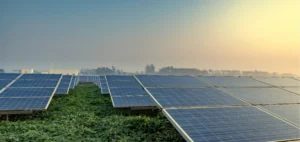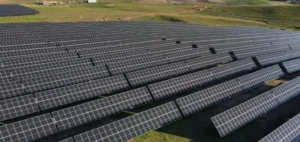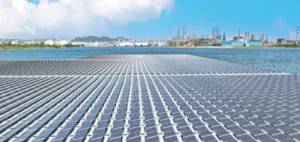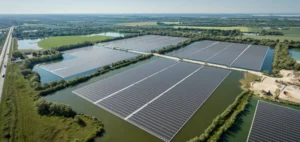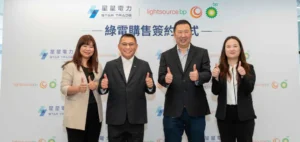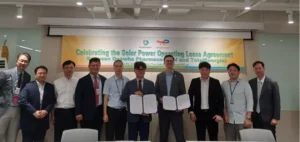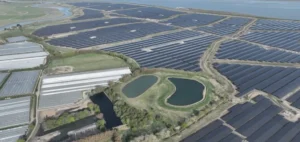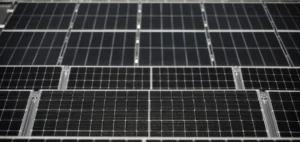Meta Platforms, a major technology player, continues its commitment to renewable energy by partnering with Invenergy, a company specializing in the development and operation of clean energy solutions. The four new Environmental Attribute Purchase Agreements (EAPAs) add 760 megawatts (MW) of solar capacity, bringing the total collaboration between the two entities to more than one gigawatt (GW).
A targeted deployment across multiple states
The new projects include:
– Hardin II Solar (Ohio): 150 MW, expected to be operational in 2024.
– Delilah II Solar (Texas): 150 MW, operational in 2025.
– Tip Top Solar (New Mexico): 110 MW, expected by 2026.
– Chalk Bluff Solar (Arkansas): 350 MW, completion expected by 2027.
These strategic installations address two primary objectives: supporting Meta’s clean energy ambitions and strengthening the regional grid’s stability by injecting significant local production.
Partnerships driven by growing demand
The rise of these projects reflects the increasing energy demand in the technology and industrial sectors. According to Ted Romaine, Executive Vice President of Invenergy, this collaboration highlights the role of private companies in transforming the United States’ energy landscape.
Urvi Parekh, Meta’s Head of Global Energy, added: “These projects strengthen our commitment to 100% clean energy supply while addressing the growing needs of our infrastructure.”
Economic and energy impacts
Beyond energy supply, these projects will contribute to the local economy by creating jobs and providing direct financial benefits to the regions involved. The energy credits obtained by Meta also underscore the growing integration of technology companies into the renewable energy market, where every megawatt becomes a strategic asset.


